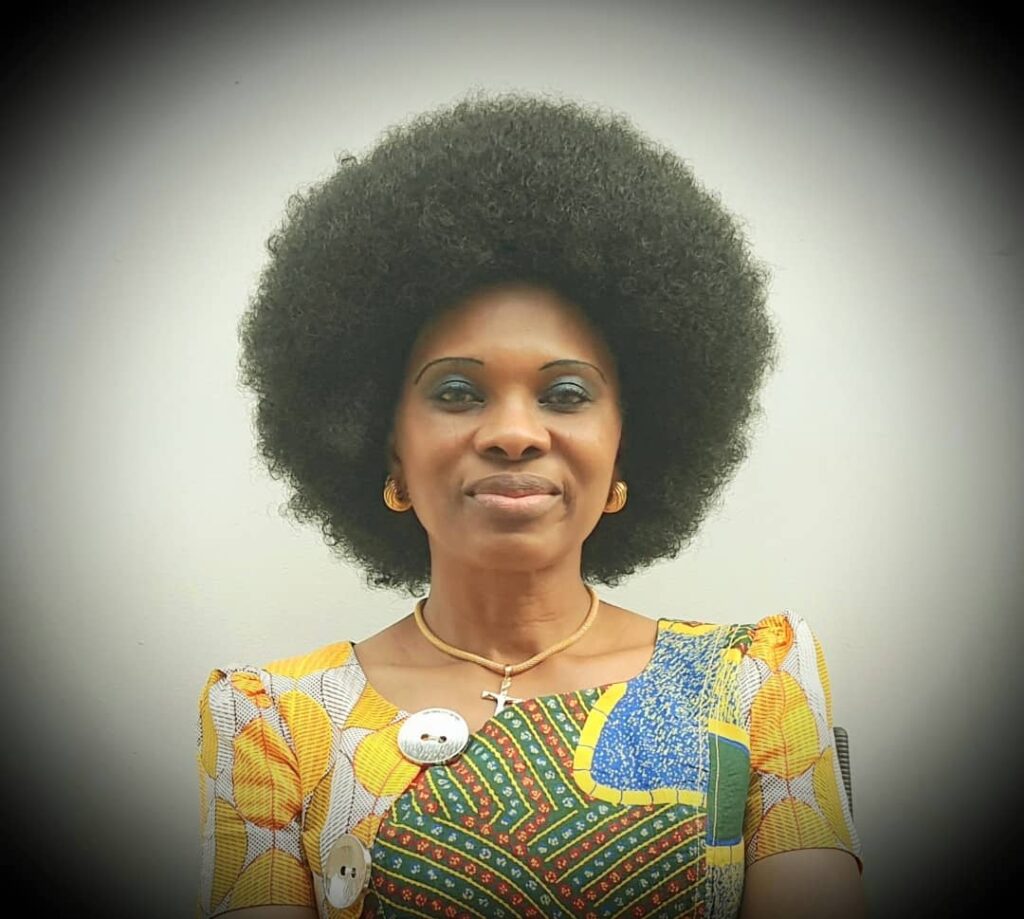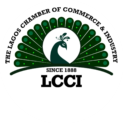To commemorate International Women’s Day and to celebrate and recognise how far women have come within the Oil and Gas Industry in Nigeria, we present a special feature of Callista Azogu, Deputy Managing Director, Nigerian Agip Oil Company. The theme of this year’s IWD was #ChooseToChallenge. In her interview she explains what this meant to her and she advices young women in the Industry how to manage their various roles.
Happy Reading.

- Kindly introduce yourself and give us a brief insight into your career in the Industry.
First And foremost, I would like to thank the Office of the Executive Director, OPTS for giving me the opportunity to share a few things about myself and give advice to women folk. My name is Callista Azogu and I am the current Deputy Managing Director of Nigerian Agip Oil Company Limited (NAOC), a subsidiary of ENI with its headquarters in Milan. I also currently double as the General Manager, Human Resources & Organization for NAOC. I started work about 25 years ago and have taken up several positions within NAOC and ENI worldwide. My experience spans through Finance, JV Agreements & Implementation, Nigerian Content and Human Resources. Working in the ENI Group has been a wonderful experience. The importance of the oil and gas industry in the past 60 years cannot be overemphasized and I am grateful to God for the varied experience I have had within the Industry. I am also very appreciative of ENI and NAOC for my fulfilling career.
- What does the #ChooseToChallenge mean to you, as a female leader in the Nigerian Oil and Gas industry?
The theme is very apt for 2021 International Women’s Day. I personally marked it as a relevant theme for our current world because in recent times, around the world and in particular Nigeria, there has been so much abuse of women. A challenge means ‘to alert’ and as women we are choosing to put the world on alert of what is happening to us.
Each one of us is responsible for our thoughts and actions. We can all choose to challenge gender bias in the world and especially in Nigeria. This is threatening the world itself, when one considers that the population of women in the world is more than men.
Collectively we can all help to change the current narrative and create a world that is more inclusive, where we do not have to differentiate between men and women. It is an issue we have all been called to challenge in order to end this vice. I, Callista Azogu, ChooseToChallenge inequality and gender bias in our world.
- What do you think can be done to change the status quo to embrace gender equality in its entirety?
Gender inequality is an age-old bias worldwide, not only in Africa. The Beijing Conference of 1995 for women and a lot of other Associations have been working on eradicating this bias. A lot has been done but a lot more still needs to be done because gender bias and inequality has continued. We need the involvement of women in policy making and decision making, be it within the public or private sector. That is one of the avenues of challenging the status quo.
More orientation for women and men is also required. On a programme I listened to recently on the increase in rape, kidnappings and killing of women in Nigeria, a man on the programme said we need to educate our male and female children. Largely in Nigeria and other parts of Africa we focus more on training the girl child than the boy child. We need to teach our boys to respect women because really that is where it starts. Men and boys have to be advocates for women. If boys see their fathers and the male figures in their lives respecting women they are likely to emulate such behaviours. Fathers have an important role to play in educating their sons. In my view, education, reorientation and self-awareness of the genders is important. It is also important that schools begin to shape the narrative early by incorporating teachings about the value and respect for women into the curriculum. This needs to be implemented consistently and deliberately and then we will see more change.
- There are pathways that have worked for men in achieving leadership roles which simply don’t work for women – especially when women choose to start a family. What is one piece of advice to all women who are juggling between home and work?
It is indeed true that choosing to start a family is one of the factors that encourages gender bias especially in the workplace. It is unreasonable because it takes two people (a male and female) to form a family but when it comes to the workplace one is disadvantaged and the other is not. When a woman is pregnant for example and has to make hospital visits it is mostly frowned upon by some male counterparts forgetting that the process is necessary to start a family.
The secret of success for the women is in organizing themselves really well. God gave women generally a better organization and administrative skill than men. They have the stronger ability to multitask by virtue of being women, mothers. All they need to do is take advantage of this gift, organize our home front and the office front in a manner that enables them to function excellently. This will enable them avoid excuses that expose us to bias.
Once you are able to deliver on your work obligations and excel, the recognition will come to the extent that you will be recognised above your male counterparts. It must be said too, that some women use gender as an excuse and this adds to the bias which at the end of the day affects their growth in the workplace.
- How can women better enable each other instead of compete? What needs to change, in your opinion?
It is often said that “Women are their own worst enemy’’ because we tend to see ourselves as adversaries/competitors. Men have an edge over us here because when they come together they bond but not so with us women. Most times you find us bickering with each other. As we become aware of these tendencies, we need to change. One of the ways to change this is awareness and grouping – what I mean by this is bringing women together in groups to help reshape how we think. I am happy that we now have women groups like Women in Energy (WIEN), Women in Energy Oil & Gas (WEOG) and other groups that are bringing women together.
We need to encourage women to join these groups and share knowledge so we start to see each other as collaborators rather than competitors. Also sensitization, in terms of trainings, attending conferences and belonging to Associations will help us bond.
- What do you think helped you get so far in your career?
Good education, hard work and resilience – refusing to take “No” for an answer. Not allowing any group, be it on the basis of race or gender, to dominate or intimidate, focus on the job and refusing to be distracted. In fact, what has brought me to where I am today is resilience and hard work. I also believe in God and faith.
- What is your advice to young women in the Industry and how can we mentor young girls to dream bigger?
The Industry is full of potential for women. There are many examples of women within the Industry and around the world who have risen to great heights within our Industry including my humble self.
Young girls and women should be told that they can be whatever they want to be in the Industry but they must first see themselves as professionals on equal footing with the menfolk. As women, they should stand tall, be confident and hold their heads up high like the men. They should also refuse to be intimidated and must empower themselves with knowledge, perform on the job and be professional.

